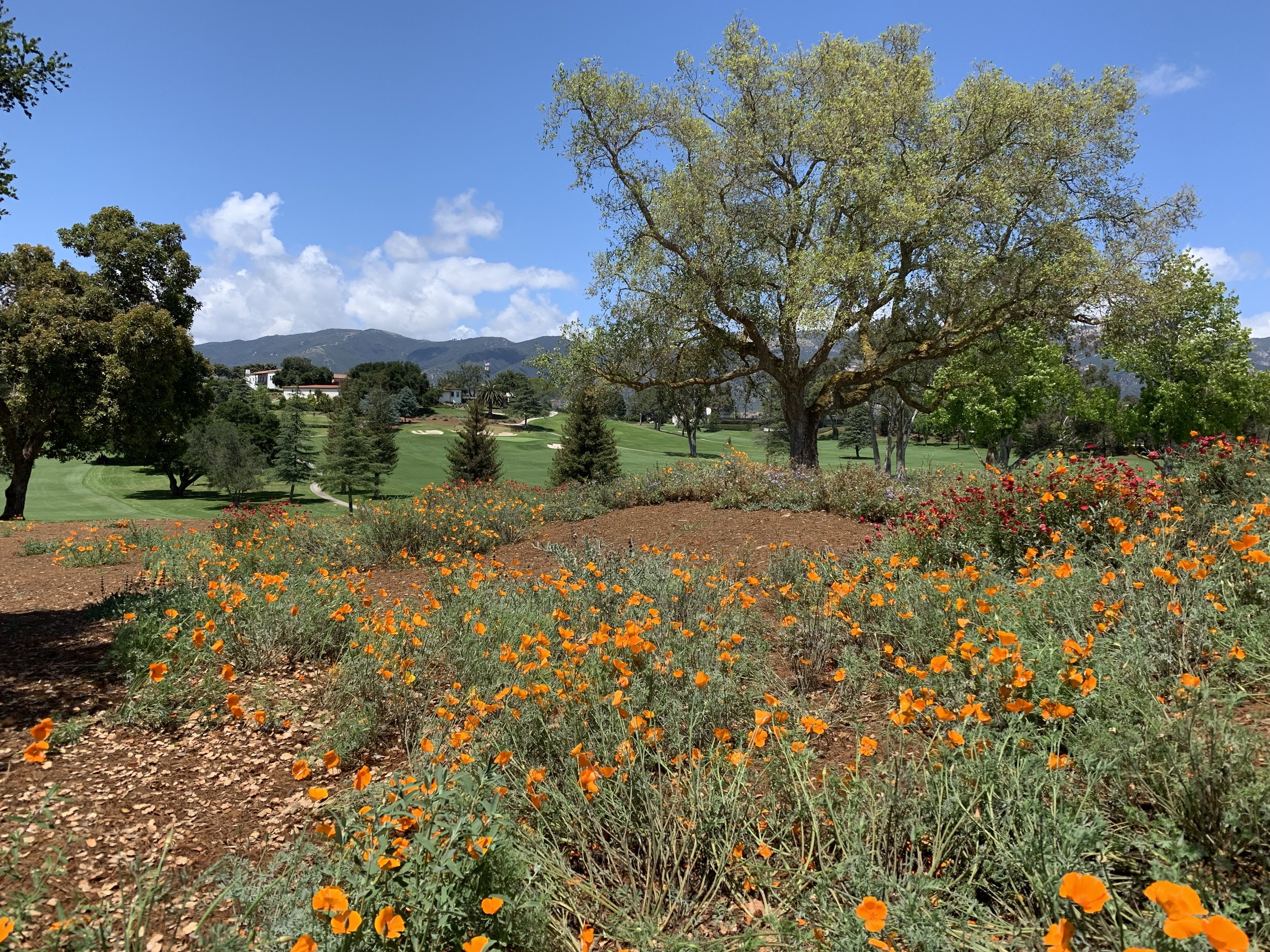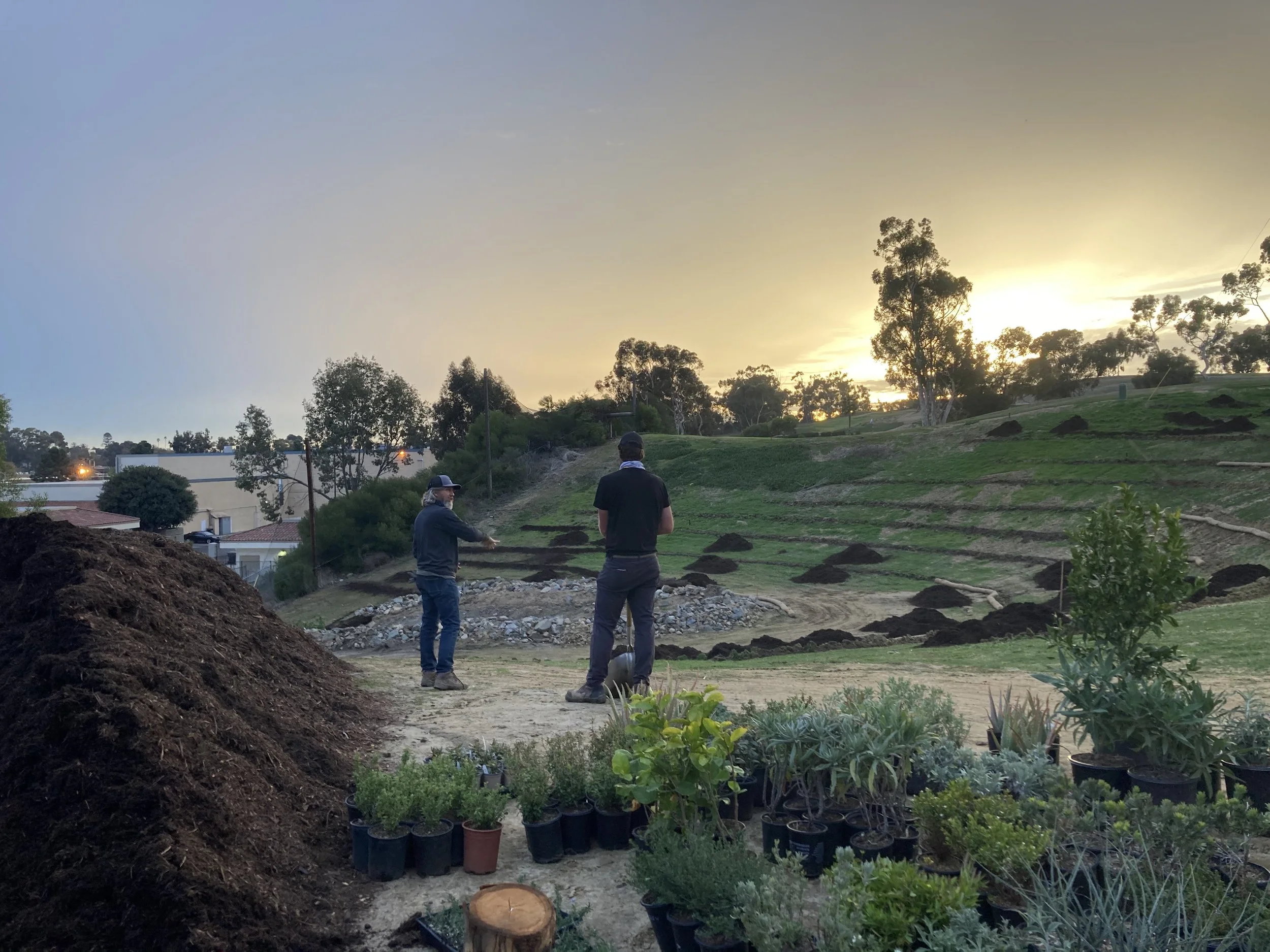Future
A golf course can serve as a path towards a sustainable, prosperous, and flourishing future by embracing ecologically conscious practices that benefit the environment, community, and overall well-being. Sustainable golf course management involves a holistic approach that considers ecological resilience, resource efficiency, and social responsibility.
-
Designing golf courses to support diverse ecosystems with native vegetation and wildlife habitats contributes to biodiversity conservation. A thriving natural environment enhances the overall health of the ecosystem and fosters resilience against environmental challenges.
-
Implementing renewable energy sources, such as solar panels or wind turbines, can power facilities and reduce the reliance on non-renewable energy. This commitment to clean energy aligns with the goals of a sustainable future and mitigates the carbon footprint associated with golf course operations.
-
Utilizing water-efficient irrigation systems, stormwater management, and adopting water-wise landscaping practices promote water conservation. These measures contribute to sustainable water use and resilience in the face of changing climate patterns.
-
Involving the local community through educational programs, events, and shared green spaces fosters a sense of ownership and pride. Community engagement creates a positive impact, promoting awareness of environmental issues and sustainable practices.
-
Repurposing areas for community gardens and sustainable agriculture initiatives on the golf course can provide locally grown food, addressing food insecurity and promoting a more sustainable food system.
-
Integrating trees, green spaces, and vegetation helps sequester carbon dioxide, mitigating climate change. The enhanced greenery contributes to improved air quality, creating a healthier environment for both golfers and the surrounding community.
-
A sustainable golf course can be a source of economic prosperity by attracting environmentally conscious golfers and community events. Additionally, the creation of green jobs, local partnerships, and eco-friendly tourism further contributes to the socio-economic well-being of the region.
By embracing sustainability in its design, operations, and community engagement, a golf course becomes a catalyst for positive change. It not only provides recreational opportunities but also demonstrates a commitment to environmental stewardship, social responsibility, and the long-term well-being of both the ecosystem and the community it serves.
Read More.




















